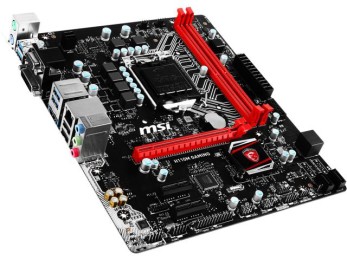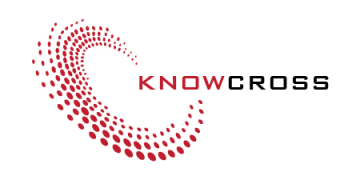 Gartner Group has been shuffling its tarot cards and reached the conclusion that worldwide public cloud services continue to rise, which will reach $260 billion for the year 2017.
Gartner Group has been shuffling its tarot cards and reached the conclusion that worldwide public cloud services continue to rise, which will reach $260 billion for the year 2017.
The market research firm said that strong SaaS and IaaS performance is driving growth for the calendar year. The latest report projected the market to grow by 18.5 per cent year-on-year to total $260.2 billion, up from $219.6 billion last year.
Gartner research director Sid Nag said the final data for 2016 showed that software as a service (SaaS) revenue was far greater in 2016 than expected, reaching $48.2 billion.
“SaaS is also growing faster in 2017 than previously forecast, leading to a significant uplift in the entire public cloud revenue forecast.”
He said: “Strategic adoption of platform as a service (PaaS) offerings is also outperforming previous expectations, as enterprise-scale organizations are increasingly confident that PaaS will be their primary form of application development platform in the future. This accounts for the remainder of the increase in this iteration of Gartner’s public cloud services revenue forecast.”
SaaS revenue is expected to grow 21 percent in 2017 to reach $58.6 billion, as the acceleration in SaaS adoption can be explained by providers delivering nearly all application functional extensions and add-ons as a service.
The highest revenue growth will come from cloud system infrastructure services (infrastructure as a service [IaaS]), which is projected to grow 36.6 percent in 2017 to reach $34.7 billion.
Gartner still expects growth to even out from 2018 onwards, because it has obtained mainstream status and maturity. Gartner expects 70 percent of public cloud services revenue to be dominated by the top 10 public cloud providers through 2021.



















